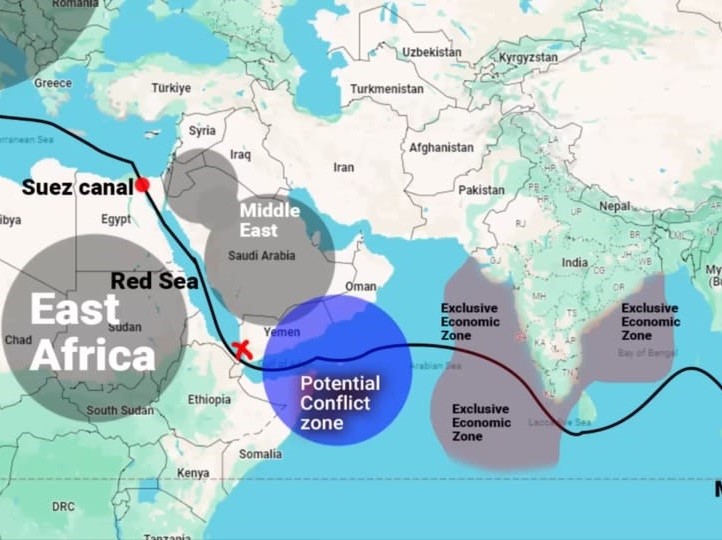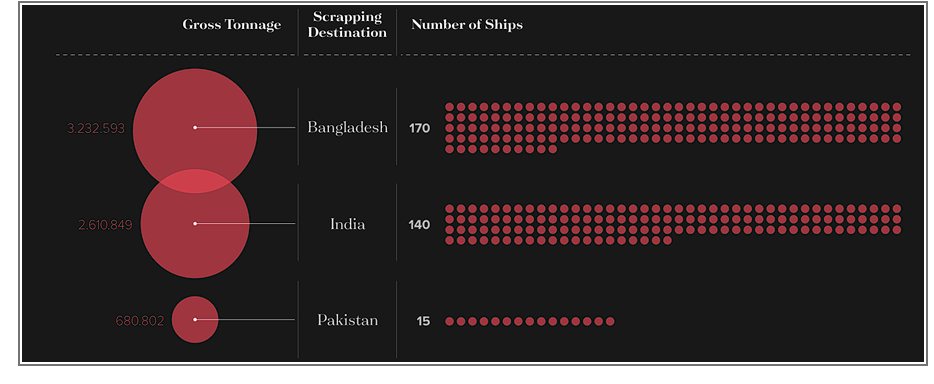China's first domestic 16,136 TEU methanol dual-fuel containership has been named at COSCO Shipping Heavy Industry (Yangzhou).
The post China presents its first large methanol dual-fuel containership appeared first on Offshore Energy.
China’s first domestic 16,136 TEU methanol dual-fuel containership has been named at COSCO Shipping Heavy Industry (Yangzhou).

The naming ceremony for the newbuild COSCO Shipping Yangpu took place on February 18, 2025.
The successful ship construction is said to represent ‘a significant advancement’ in COSCO Shipping Lines’ development of green and low-carbon strategies and the construction of an alternative fuels-powered fleet.
The 366-meter-long and 51-meter-wide newbuild has a number of environmentally friendly features including an ultra-large methanol storage tank that allows it to complete a one-way voyage from the Far East to the West Coast of the United States in methanol mode.
What is more, with the support of a digital intelligent system, the ship’s energy consumption and carbon reduction indicators have been significantly optimized, demonstrating ‘excellent’ energy utilization efficiency and setting a new benchmark for energy efficiency in the shipping industry.
In other news, China’s shipowners poured $123 billion into newbuilding ship orders in 2024, with containerships making around 38% of the total count, according to Veson Nautical.
COSCO Shipping Lines made it to the second place on the list with $3.06 billion worth of 18 new Panamax containerships ranging from 13,400 to 14,000 TEUs.
Related Article
It is understood that the company has 28 methanol-fueled boxships on order in China, including a dozen 24,000 TEU units, and sixteen 14,000 vessels.
China, which is the world’s largest shipbuilder by global market share, is not only striving to secure major international alternative fuels-powered ship projects but also expanding its own alternative-fueled shipping fleet.
By the end of 2024, there were more than 2,100 clean fuels-powered vessels globally, as per Intermodal. The rise was allegedly prompted by the tightening regulatory landscape and better financial mechanisms for green ships.
Read more
Content Original Link:
" target="_blank">



























































